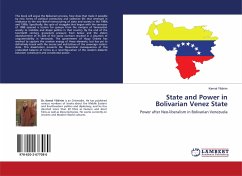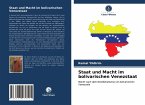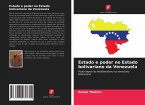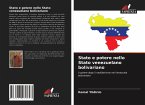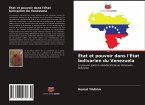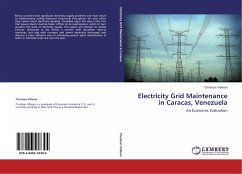This book will argue the Bolivarian process, how does that make it possible by new forms of political community and collective life that emerged in resistance to the neo-liberal restructuring of state and society in the 1980s and 1990s. Specifically, the cycle of struggles that began with the caracazo of 1989 opened a terrain for groups from the margins of Venezuelan society to mobilize and shape politics in that country. By the end of the twentieth century, grassroots pressure from below and the state's abandonment of its side of the social contract resulted in a situation of ungovernability in Venezuela. The government of Hugo Chávez has worked to capture the creative energy of these elements, but has yet to definitively break with the norms and institutions of the sovereign nation-state. This dissertation presents the theoretical consequences of this undecided balance of forces as a reconfiguration of the modern dialectic between constituent and constituted power.
Bitte wählen Sie Ihr Anliegen aus.
Rechnungen
Retourenschein anfordern
Bestellstatus
Storno

